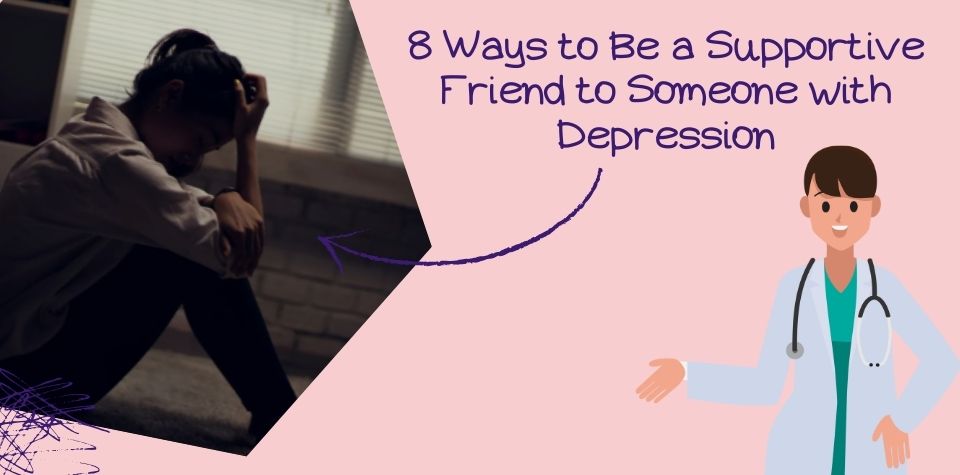DBT, or dialectical behavior therapy, is a kind of talk therapy. It is based on CBT (cognitive behavioral therapy), but it is mainly adapted for those who have very powerful emotional experiences. CBT is a kind of talk therapy that assists people in understanding how thoughts impact behaviors and emotions.
“Dialectical” means combining opposite concepts. DBT aims to teach people how to transform their lives, including their unhelpful behaviors, as well as how to accept the reality of their lives and behaviors.
American psychologist Marsha Linehan developed dialectical behavior therapy in the 1970s.
What is DBT or dialectical behavior therapy used for?
DBT, or dialectical behavior therapy, works particularly well for those who struggle with emotional regulation and control. DBT has proved to be beneficial for managing and treating a broad range of mental health conditions, such as
- Suicidal behavior
- BPD or borderline personality disorder
- Self-harm
- Depression/anxiety
- Post-traumatic stress disorder
- Substance use disorder
- Eating disorders, mainly bulimia and BED
The reason dialectical behavioral therapy has proven beneficial in treating these conditions is that each of these conditions is thought to be connected with issues. These are the result of problematic or unhealthy efforts to manage negative, intense emotions.
How can I find a DBT therapist?
A therapist may be a family therapist, psychologist, social worker, psychiatrist (a medical professional with prescription powers), or psychiatric nurse.
Choosing the right therapist is generally a time-consuming task, and DBT therapy is not any different. You should not try to become discouraged. Ask people you trust to give you a referral for a therapist who uses DBT.
Additionally, you can look for therapists online by visiting state and local psychological associations. You should be sure that any therapist you are interested in seeing is a state-certified and licensed mental health expert.
Most therapist’s sites list the issues and conditions they treat. If you have any queries, email or contact the therapist’s office before you choose.
Asking a prospective DBT therapist the following questions could be beneficial:
- What kind of DBT training have you received?
- Do you offer a modification or thorough DBT? Why not complete DBT if not?
- Are you a member of a DBT advisory group?
- What is your weekday policy regarding emails and phone calls?
- How much time will you require me to dedicate to the therapeutic procedure at first?
How does dialectical behavioral therapy [DBT] actually work?
Finding a balance between the benefits of change and the challenges you face, as well as the validation (acceptance) of who you are, is the major objective of therapists who use DBT.
The structure of DBT or dialectical behavior therapy may vary from therapist to therapist. Generally, DBT involves these four types of sessions.
- Skills training in groups
- DBT pre-assessment
- Individual therapy
- Telephone crisis coaching
The benefits and risks of DBT (dialectical behavior)
Dialectical behavior therapy, or DBT, has been proven to assist people with mental health conditions in numerous studies. For those with borderline personality disorder, mainly DBT results in
- Fewer days of inpatient hospitalization
- Less anger and self-harm behavior
- Less alcohol and drug misuse
- Improve depressive symptoms
However, DBT is not for everyone, and it may be very difficult. You have a better chance of success with DBT if you:
- Are dedicated to bringing about positive changes
- Are prepared to fully devote to therapy and do homework completion
- Are ready to give your present and future more attention than your past
- Feel capable of participating in specific group sessions with others.
Also read- https://viralinfos.com/worlds-best-conductor-seiji-ozawa-died-at-88/












Thanks for sharing. I read many of your blog posts, cool, your blog is very good.